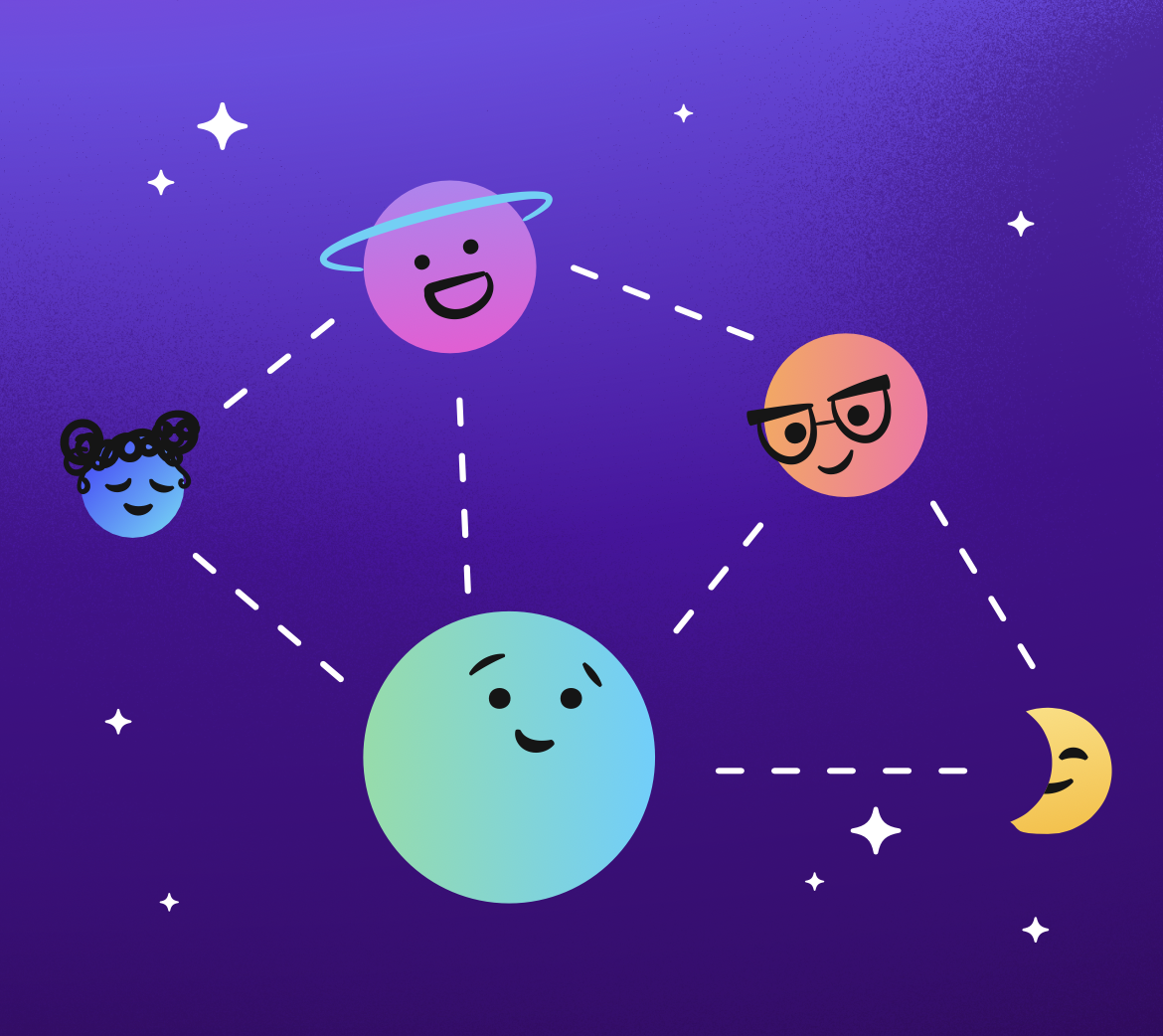Soluna App Offers Free, Personalized Mental Health Support
As we transition into the early days of October, we leave behind Suicide Prevention Month and begin this year’s National Depression and Mental Health Screening Month. In the wake of multiple student deaths due to suicide in the following years, Santa Clara University students are left searching for resources many claim are unavailable. A potential solution comes in the form of a new app, Soluna. The app aims to help young Californians overcome mental health issues by offering them support when, where and in the way they need it most — entirely for free.
The Soluna app offers live, one-to-one coaching, stress-management tools, assessments and community support through moderated forums and connections to peers and caregivers. All costs are covered by the Department of Healthcare Services in California (DHCS) as part of Gov. Gavin Newsom's Master Plan for Kids’ Mental Health, a 4.7 billion dollar project set to expand California’s mental health system. The app is anonymous and open to California residents aged 13 to 25, regardless of income, health insurance or immigration status. And, for younger children ages 0 to 12, there’s the sister app, BrightLife Kids.
Kooth, the parent company to Soluna, began in the United Kingdom in 2001 to tackle the ever-growing issue of mental health in adolescents before jumping across the sea to America in 2021. “A lot of people say cost is the major boundary between them and the mental health services they need,” said Dr. Laura Tully, VP of Partnerships at Kooth. “You've got this supercomputer in your pocket and it just opens this door for universal and equitable access to care.”
Luckily for California youth, the state has removed any cost barrier and users will be able to take advantage of various free services to get support for their mental health struggles. Self-guided tools will include informational articles and videos on topics from mental health in general to raising diverse voices, navigating identities and thinking through family structures. There is also a section on coping mechanisms and teaching techniques like breathing skills, journals and mood logs. A peer support community allows users to post questions, request support from others and answer other people's questions to offer validation and support.
“We've created a safe space so there's no chance for bullying or hate speech or trolling or inappropriate content or inappropriate relationships,” Dr. Tully said. “You're just getting that community and that source of information and that sense of, ‘I'm not alone.’”
Another component of Soluna’s free offerings is one-to-one coaching, which can be done in-app via text, or by phone or video calls. Soluna’s coaches are certified through a California training program, and the vast majority have lived experience of mental health recovery.
“If they want to talk to somebody who has lived experience of housing insecurity or homelessness, or experience being a first gen immigrant person at university, we've got folks on our team that can talk to them about their experience from that angle,” Dr. Tully said.
Graphic provided by Soluna
Soluna’s drop-in model is goal-based, unlike traditional mental health care, which is a symptom reduction-based model. In the goal-based model of mental health care, questions like, What's the life you want to build? What's the thing you want to achieve? are asked and “then let's figure out what you need to do to get there,” Dr. Tully said.
“It may be symptom reduction is one of the things that you need to do to get there, and if so, then we support you in figuring out how to do that,” they said. “But it might be that you need a library card to go do your homework after school because your family doesn't have a computer. The coach can help you figure that out.”
The model has been very successful in the United Kingdom, where 72% of users said they achieved their session wants and needs in a single session. Kooth has served more than a million people in the U.K. so far, and 74% of users said they were achieving a positive change towards their life goals. Additionally, the University of York did an analysis and found that the government got health savings worth three times the cost of actually implementing the service, as seen in reduced hospitalizations, emergency room visits and reduced self-harm behaviors.
“We know that Kooth improves lives and saves healthcare systems money, which is really important when you're making a public investment like California is making,” Dr. Tully said. “This is taxpayer dollars and we want to make sure that it's worth it.”
